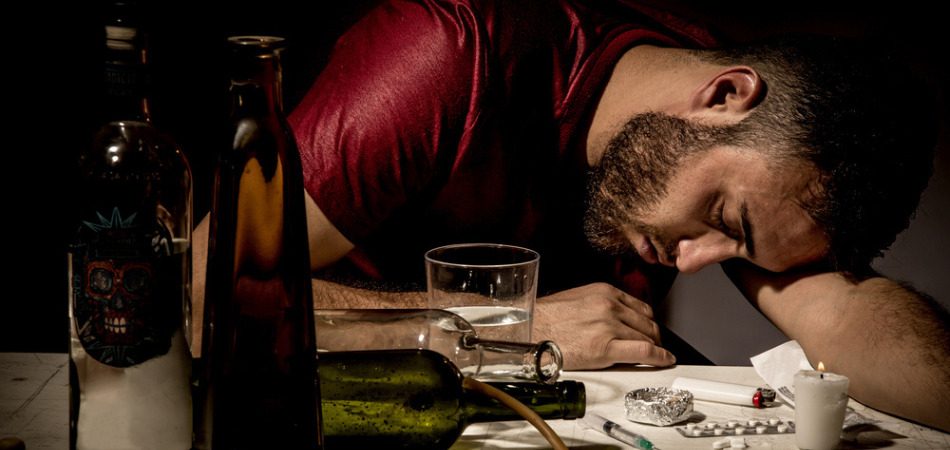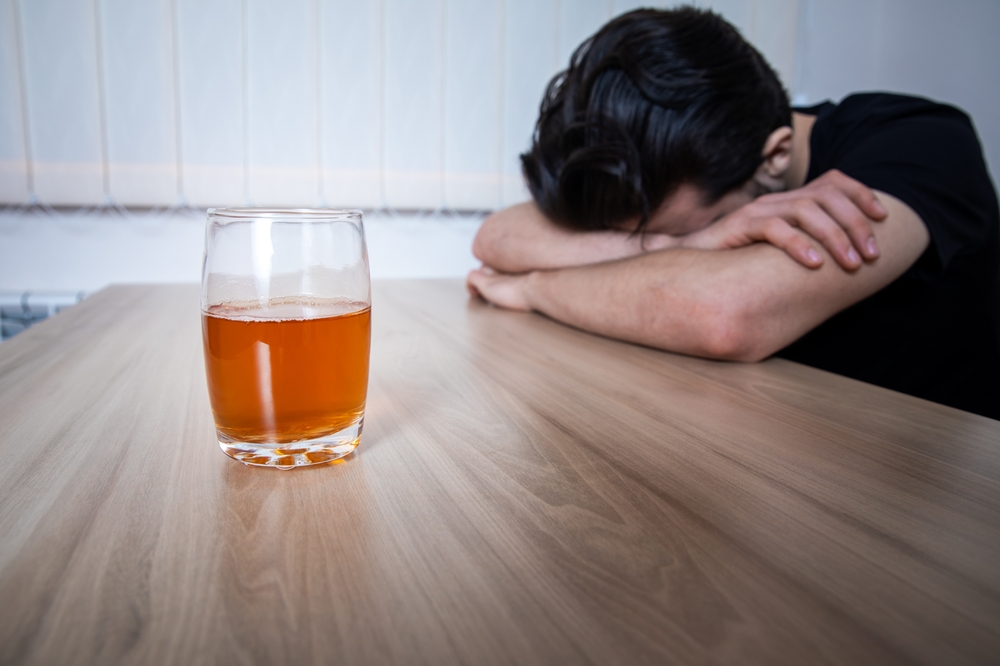Last Updated:
June 30th, 2025
Alcohol might still be flowing in bars and homes across the country, but the younger generations are quietly changing the story. While overall drinking rates in countries like the U.S. have gone up, people under 35 are actually drinking less than they used to. In fact, the number of young adults who say they drink at all has dropped by ten percentage points over the last two decades. In this help guide, we’ll look at why and how you might want to join them.

When is it time for me to reconsider my relationship with alcohol?
You might have had thoughts about quitting alcohol for good, but still feel unsure about whether the time is right or if you even need to quit at all. The truth is, there’s no set rule book that tells you when to walk away from drinking. But if you’ve noticed certain changes or patterns in your life, it might be time to take a closer look.
Here are six signs that suggest it could be a good time to quit alcohol:
If you’ve noticed even just one of these signs, it could be the time to consider quitting alcohol altogether.
I want to quit alcohol, but I’m unsure how to
We get it, quitting alcohol isn’t a simple switch to flip. In many countries, alcohol is woven into everyday life. It’s how people socialise, celebrate, relax after work, or enjoy a Saturday night. So, even thinking about quitting can feel like you’re giving up more than just a drink. But if alcohol has started to disrupt your life, like your mood, relationships, health or sense of self, you might already know it’s time to step away. The challenge is figuring out where to begin.
To help, let’s follow Dave’s story.
Dave, 32, didn’t think of himself as someone with a drinking problem.
He drank socially; pints with mates while watching the match, a few drinks at parties, maybe a couple of beers after a long, stressful day at work. Nothing outrageous. But over time, something changed. His “off button” started disappearing. Nights out became blurry, messy and at times, shame-inducing. Arguments happened more often. Hangovers got worse.
That’s when Dave decided he wanted to quit.
The first few weekends were brutal. Social invites felt loaded. Football wasn’t the same without a cold beer. He felt awkward at birthdays and couldn’t shake the feeling that he was missing out. But he stuck with it and made some changes to give himself the best shot.
- He swapped pub nights for daytime meetups or hikes with mates who didn’t drink much.
- He told a close friend about his decision, so he had someone to call when temptation kicked in.
- He kept non-alcoholic beers in the fridge so he could still enjoy something familiar while watching sports.
- He started journaling after each sober weekend to track his mood and remind himself how much better he felt.
- He deleted delivery apps that made ordering alcohol too easy late at night.
- He planned rewards for himself, like ordering a takeaway or buying new trainers, at the end of tough weeks.
Each weekend got easier. Social settings became less daunting. His friends adjusted. His sleep improved and, slowly, so did his confidence. A year later, Dave’s relationship with himself completely changed. He’s sharper, calmer and more in control.
Your story won’t be exactly like Dave’s, but if you’re thinking about quitting, know it is possible and gets easier.
I’m finding it very difficult to quit alcohol
If you truly want to quit drinking but are finding it incredibly difficult, it could be a sign that you’ve developed a dependency on alcohol. That word, dependency, can feel like a heavy label. Most of us picture the stereotypical image: someone dishevelled, with shaky hands, slurred speech, skin issues, financial problems and a bottle in a brown paper bag. But alcoholism isn’t always that obvious.
There are layers to it. You can have a successful job, good hygiene and supportive friends and still have a problematic relationship with alcohol. Maybe you drink every day, not to the point of being obviously drunk, but just enough to realise, “I can’t remember the last time I went a full day without it.” That quiet, creeping pattern can be harder to notice but just as difficult to break.
There’s no shame here. If you’ve tried to stop drinking and found yourself facing uncomfortable physical or emotional symptoms, that’s not weakness. It’s a sign your body and mind may have become dependent on alcohol.
Common withdrawal symptoms linked to alcohol include:
- Shakiness or tremors
- Sweating, especially at night
- Insomnia or broken sleep
- Irritability or sudden mood swings
- Nausea or vomiting
- Increased anxiety or panic
- Strong cravings for alcohol
- Low mood or depression
- Difficulty concentrating or brain fog
- Heart palpitations or a racing heartbeat
If any of these sound familiar, it might indicate that an alcohol addiction and dependency are at play here. With alcoholism being a dangerous condition to have, the best course of action is to speak with the professionals, especially rehab centres. It may sound daunting, the idea of needing alcohol rehab to deal with your issues, but it’s an accessible and, in some cases, mandatory part of recovery from alcohol addiction.
Where can I find help for alcohol addiction?
If alcohol is starting to take control of your life, Banbury Lodge offers a safe and supportive place to take it back. You’ll stay in a comfortable, private facility surrounded by staff who genuinely care about your recovery.
Reaching out might feel like a big step, especially if you’re still unsure how bad things have really gotten. But one simple phone call can give you a clearer picture of your options and what help is available.
You don’t have to figure this out on your own. If you or someone you love is struggling with alcohol addiction, give us a call today. Banbury Lodge is here to help you take the first step towards a better life.
(Click here to see works cited)
- Burga, Solcyré. “Why Gen Z Is Drinking Less .” Time, Time, 1 Jan. 2025, time.com/7203140/gen-z-drinking-less-alcohol/.




